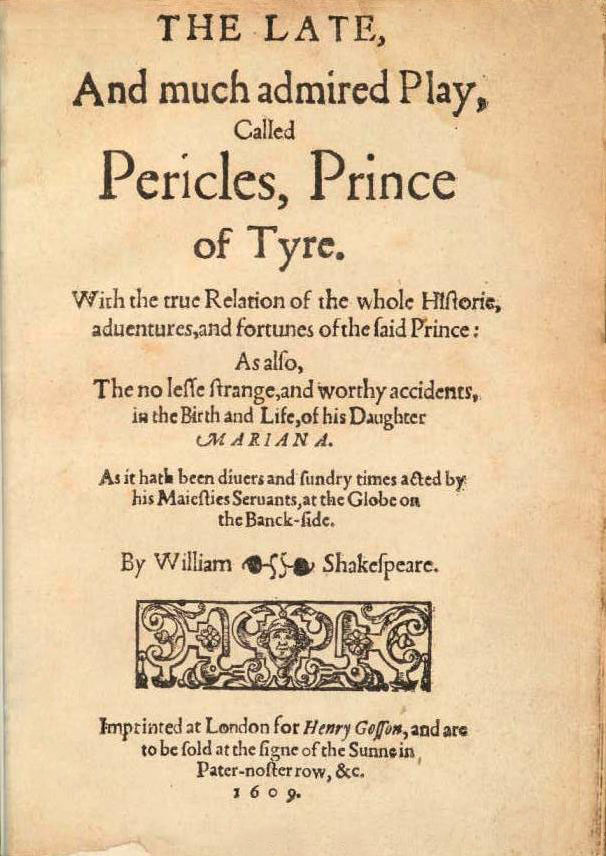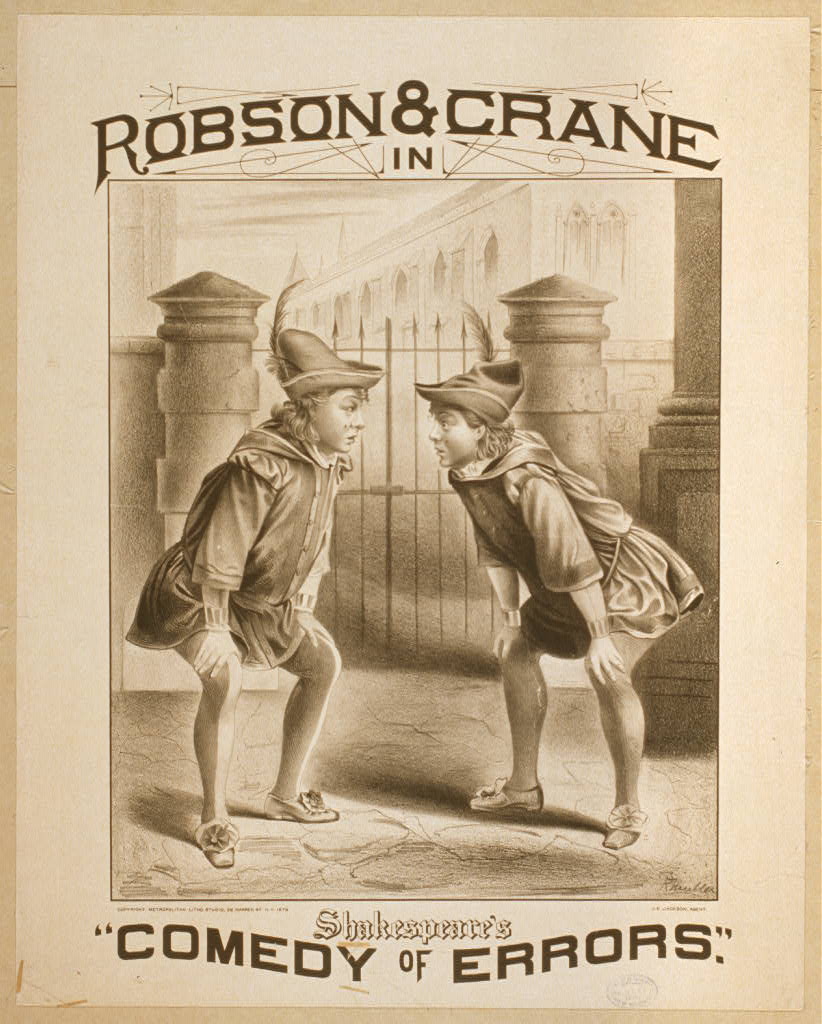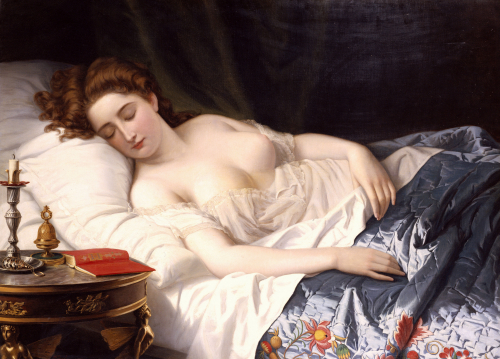|
Martin Hilský
Prof. Martin Hilský (born 8 April 1943 in Prague) is professor emeritus of English literature at Charles University in Prague and a translator. He is most acclaimed for his translations into Czech of William Shakespeare's works for which he was awarded the 2011 Czech State Award for Translation. In 2001 he was named an honorary holder of the Order of the British Empire. He has also written extensive prefaces and epilogues for several books. Translations * Herbert Ernest Bates: ''The Darling Buds of May'' * Jack Cope: ''The fair house'' * T. S. Eliot: ''On Poetry and Poets'' * J. G. Farrell: ''Troubles'' * Ring Lardner: ''The Best Short Stories of Ring Lardner'' * D. H. Lawrence: ''Women in Love'' * Thomas N. Scortia: ''The Prometheus Crisis'' (with Kateřina Hilská, his wife) * Peter Shaffer: ''Amadeus'' * William Shakespeare: ''Hamlet'', ''As you like it'', ''King Lear'', ''Macbeth'', ''Love's Labour's Lost'', ''Othello'', ''A Midsummer Night's Dream'', ''Sonnets'', ''Twelft ... [...More Info...] [...Related Items...] OR: [Wikipedia] [Google] [Baidu] |
Martin Hilský 2
Martin may refer to: Places * Martin City (other) * Martin County (other) * Martin Township (other) Antarctica * Martin Peninsula, Marie Byrd Land * Port Martin, Adelie Land * Point Martin, South Orkney Islands Australia * Martin, Western Australia * Martin Place, Sydney Caribbean * Martin, Saint-Jean-du-Sud, Haiti, a village in the Sud Department of Haiti Europe * Martin, Croatia, a village in Slavonia, Croatia * Martin, Slovakia, a city * Martín del Río, Aragón, Spain * Martin (Val Poschiavo), Switzerland England * Martin, Hampshire * Martin, Kent * Martin, East Lindsey, Lincolnshire, hamlet and former parish in East Lindsey district * Martin, North Kesteven, village and parish in Lincolnshire in North Kesteven district * Martin Hussingtree, Worcestershire * Martin Mere, a lake in Lancashire ** WWT Martin Mere, a wetland nature reserve that includes the lake and surrounding areas * Martin Mill, Kent North America Canada * Rural Municipality of M ... [...More Info...] [...Related Items...] OR: [Wikipedia] [Google] [Baidu] |
King Lear
''King Lear'' is a tragedy written by William Shakespeare. It is based on the mythological Leir of Britain. King Lear, in preparation for his old age, divides his power and land between two of his daughters. He becomes destitute and insane and a proscribed crux of political machinations. The first known performance of any version of Shakespeare's play was on Saint Stephen's Day in 1606. The three extant publications from which modern editors derive their texts are the 1608 quarto (Q1) and the 1619 quarto (Q2, unofficial and based on Q1) and the 1623 First Folio. The quarto versions differ significantly from the folio version. The play was often revised after the English Restoration for audiences who disliked its dark and depressing tone, but since the 19th century Shakespeare's original play has been regarded as one of his supreme achievements. Both the title role and the supporting roles have been coveted by accomplished actors, and the play has been widely adapted. In his ' ... [...More Info...] [...Related Items...] OR: [Wikipedia] [Google] [Baidu] |
Pericles, Prince Of Tyre
''Pericles, Prince of Tyre'' is a Jacobean play written at least in part by William Shakespeare and included in modern editions of his collected works despite questions over its authorship, as it was not included in the First Folio. It was published in 1609 as a quarto, was not included in Shakespeare's collections of works until the third folio, and the main inspiration for the play was Gower's ''Confessio Amantis''. Various arguments support the theory that Shakespeare was the sole author of the play, notably in DelVecchio and Hammond's Cambridge edition of the play, but modern editors generally agree that Shakespeare was responsible for almost exactly half the play — 827 lines — the main portion after scene 9 that follows the story of Pericles and Marina. Modern textual studies suggest that the first two acts, 835 lines detailing the many voyages of Pericles, were written by a collaborator, who may well have been the victualler, panderer, dramatist and pamphleteer Geo ... [...More Info...] [...Related Items...] OR: [Wikipedia] [Google] [Baidu] |
Much Ado About Nothing
''Much Ado About Nothing'' is a comedy by William Shakespeare thought to have been written in 1598 and 1599.See textual notes to ''Much Ado About Nothing'' in ''The Norton Shakespeare'' ( W. W. Norton & Company, 1997 ) p. 1387 The play was included in the ''First Folio'', published in 1623. The play is set in Messina and revolves around two romantic pairings that emerge when a group of soldiers arrive in the town. The first, between Claudio and Hero, is nearly altered by the accusations of the villain, Don John. The second romance, between Claudio's friend Benedick and Hero's cousin Beatrice, takes centre stage as the play goes on, with both characters' wit and banter providing much of the humour. Through "noting" (sounding like "nothing", and meaning gossip, rumour, overhearing), Benedick and Beatrice are tricked into confessing their love for each other, and Claudio is tricked into believing that Hero is not a maiden (virgin). The title's play on words references t ... [...More Info...] [...Related Items...] OR: [Wikipedia] [Google] [Baidu] |
The Merchant Of Venice
''The Merchant of Venice'' is a play by William Shakespeare, believed to have been written between 1596 and 1598. A merchant in Venice named Antonio defaults on a large loan provided by a Jewish moneylender, Shylock. Although classified as a comedy in the First Folio and sharing certain aspects with Shakespeare's other romantic comedies, the play is most remembered for its dramatic scenes, and it is best known for the character Shylock and his famous demand for a " pound of flesh" in retribution. The play contains two famous speeches, that of Shylock, "Hath not a Jew eyes?" on the subject of humanity, and that of Portia on " the quality of mercy". Debate exists on whether the play is anti-Semitic, with Shylock's insistence on his legal right to the pound of flesh being in opposition to Shylock's seemingly universal plea for the rights of all people suffering discrimination. Characters * Antonio – a prominent merchant of Venice in a melancholic mood. * Bassanio � ... [...More Info...] [...Related Items...] OR: [Wikipedia] [Google] [Baidu] |
The Comedy Of Errors
''The Comedy of Errors'' is one of William Shakespeare's early plays. It is his shortest and one of his most farcical comedies, with a major part of the humour coming from slapstick and mistaken identity, in addition to puns and word play. It has been adapted for opera, stage, screen and musical theatre numerous times worldwide. In the centuries following its premiere, the play's title has entered the popular English lexicon as an idiom for "an event or series of events made ridiculous by the number of errors that were made throughout". Set in the Greek city of Ephesus, ''The Comedy of Errors'' tells the story of two sets of identical twins who were accidentally separated at birth. Antipholus of Syracuse and his servant, Dromio of Syracuse, arrive in Ephesus, which turns out to be the home of their twin brothers, Antipholus of Ephesus and his servant, Dromio of Ephesus. When the Syracusans encounter the friends and families of their twins, a series of wild mishaps based on m ... [...More Info...] [...Related Items...] OR: [Wikipedia] [Google] [Baidu] |
Cymbeline
''Cymbeline'' , also known as ''The Tragedie of Cymbeline'' or ''Cymbeline, King of Britain'', is a play by William Shakespeare set in British Iron Age, Ancient Britain () and based on legends that formed part of the Matter of Britain concerning the early Celtic British King Cunobeline. Although it is listed as a tragedy in the First Folio, modern critics often classify ''Cymbeline'' as a Shakespeare's late romances, romance or even a Shakespearean comedy, comedy. Like ''Othello'' and ''The Winter's Tale'', it deals with the themes of innocence and jealousy. While the precise date of composition remains unknown, the play was certainly produced as early as 1611. Characters ;In Britain * Cymbeline – Modelled on the historical King of Britain, Cunobeline, and father to Imogen * Queen – Cymbeline's second wife and mother to Cloten * Imogen (Cymbeline), Imogen/Innogen – Cymbeline's daughter by a former queen, later disguised as the page Fidele * Posthumus Leonatus – Innoge ... [...More Info...] [...Related Items...] OR: [Wikipedia] [Google] [Baidu] |
Antony And Cleopatra
''Antony and Cleopatra'' (First Folio title: ''The Tragedie of Anthonie, and Cleopatra'') is a tragedy by William Shakespeare. The play was first performed, by the King's Men, at either the Blackfriars Theatre or the Globe Theatre in around 1607; its first appearance in print was in the Folio of 1623. The plot is based on Thomas North's 1579 English translation of Plutarch ''Lives'' (in Ancient Greek) and follows the relationship between Cleopatra and Mark Antony from the time of the Sicilian revolt to Cleopatra's suicide during the War of Actium. The main antagonist is Octavius Caesar, one of Antony's fellow triumvirs of the Second Triumvirate and the first emperor of the Roman Empire. The tragedy is mainly set in the Roman Republic and Ptolemaic Egypt and is characterized by swift shifts in geographical location and linguistic register as it alternates between sensual, imaginative Alexandria and a more pragmatic, austere Rome. Many consider Shakespeare's Cleopatra, who ... [...More Info...] [...Related Items...] OR: [Wikipedia] [Google] [Baidu] |
Twelfth Night, Or What You Will
''Twelfth Night'', or ''What You Will'' is a romantic comedy by William Shakespeare, believed to have been written around 1601–1602 as a Twelfth Night's entertainment for the close of the Christmas season. The play centres on the twins Viola and Sebastian, who are separated in a shipwreck. Viola (who is disguised as Cesario) falls in love with the Duke Orsino, who in turn is in love with Countess Olivia. Upon meeting Viola, Countess Olivia falls in love with her thinking she is a man. The play expanded on the musical interludes and riotous disorder expected of the occasion, with plot elements drawn from the short story "Of Apollonius and Silla" by Barnabe Rich, based on a story by Matteo Bandello. The first recorded public performance was on 2 February 1602, at Candlemas, the formal end of Christmastide in the year's calendar. The play was not published until its inclusion in the 1623 First Folio. Characters * Viola – a shipwrecked young woman who disguises herself as ... [...More Info...] [...Related Items...] OR: [Wikipedia] [Google] [Baidu] |
Sonnets
A sonnet is a poetic form that originated in the poetry composed at the Court of the Holy Roman Emperor Frederick II in the Sicilian city of Palermo. The 13th-century poet and notary Giacomo da Lentini is credited with the sonnet's invention, and the Sicilian School of poets who surrounded him then spread the form to the mainland. The earliest sonnets, however, no longer survive in the original Sicilian language, but only after being translated into Tuscan dialect. The term "sonnet" is derived from the Italian word ''sonetto'' (lit. "little song", derived from the Latin word ''sonus'', meaning a sound). By the 13th century it signified a poem of fourteen lines that followed a strict rhyme scheme and structure. According to Christopher Blum, during the Renaissance, the sonnet became the "choice mode of expressing romantic love". During that period, too, the form was taken up in many other European language areas and eventually any subject was considered acceptable for writers o ... [...More Info...] [...Related Items...] OR: [Wikipedia] [Google] [Baidu] |







_-_Scene_from_'Twelfth_Night'_('Malvolio_and_the_Countess')_-_N00423_-_National_Gallery.jpg)
